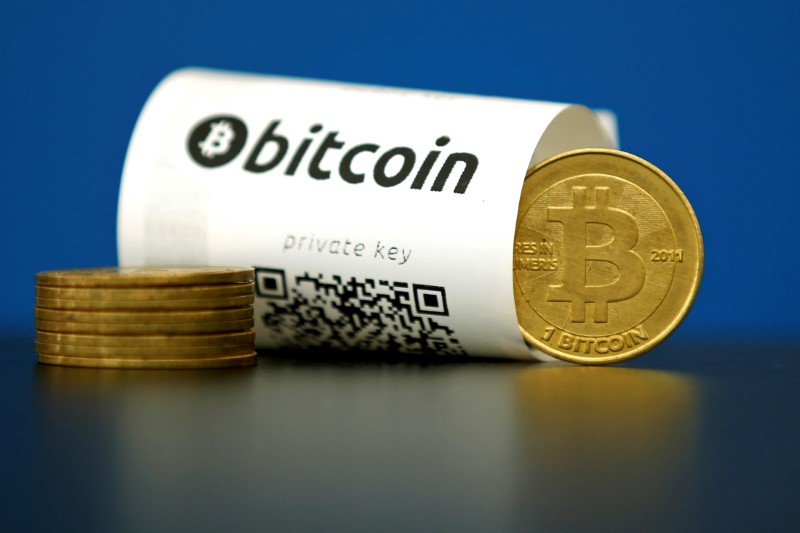The first form of decentralized digital currency made headlines this week as Bitcoin was back in the news when its value quickly skyrocketed.

One Bitcoin is currently listed as being worth over C$17,000. It was developed in 2009, with other forms of digital currency springing up on its heels.
Not everyone is familiar with the concept of Bitcoin or sold on the idea of digital currency at all.
Elias Ahonen, author of the Encyclopedia of Physical Bitcoins and Crypto-currencies and CEO of consulting platform Token Valley Inc., said the value of Bitcoin is different than physical money.
“It could be called a digital currency, a digital asset, even a global ledger or—digital gold,” he explained. “Digital gold is, I think, the most accurate description. It’s the most descriptive as far as function and the way it works and the way it’s limited in quantity.”
Like gold, Bitcoin’s value is generally consistent internationally, which makes it a globally useful form of currency.
WATCH: Bitcoin 101 for Canadians: a beginner’s guide to the digital currency

“I believe it’s going to be something akin to a Gold Standard for the digital age,” Ahonen said. “I think that digital currencies themselves—and the blockchain technology it’s based on—that will absolutely change everything in finance as we know it.”

Get weekly money news
Blockchain technology describes how computers “mine” for Bitcoins—creating a ledger that records transactions and gives it value.
What most people don’t realize—Bitcoin is just one of several hundred forms of digital currency. Many have been created in the last decade and according to Ahonen, Bitcoin might not be the most superior.
“It’s the one with the most brand recognition so I think it’s going to be around for a long time,” he said. “[But], I don’t think it’s necessarily useful in the state that it’s in as a common use currency—I don’t think many people are going to be buying coffee with Bitcoin.”
That doesn’t mean it’s not going to cause governments, banks and financial institutions all over the globe to take notice. It doesn’t operate through a single bank or central administrator and is based almost entirely on transactions between users.
While Bitcoins can be purchased through special ATMs, it’s mainly bought and sold through personal transactions.
While some think the concept of digital currency sounds like a scam, Ahonen is convinced. He had a personal experience while backpacking through Vietnam earlier this year that proved to him the value of Bitcoin.
“My bank card stopped working for some reason, and I had no access to money,” he said. “So, I was able to actually sell my Bitcoins that I had access to via my computer for local currency and get by for several weeks with that.”
Ahonen’s company, Token Valley Inc., is currently working with a Calgary-based company called Oleum to launch an ICO. An initial coin offering is similar to an initial public offering.
Instead of using the traditional finance market to raise capital, the idea is to fundraise from around the world—making digital currency a crucial component.





Comments
Want to discuss? Please read our Commenting Policy first.